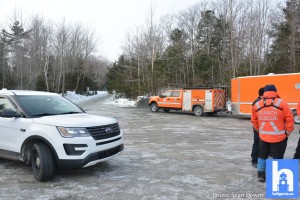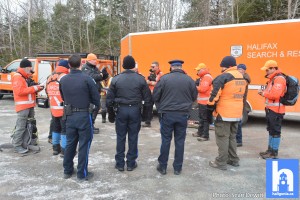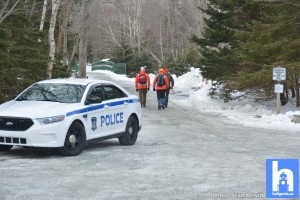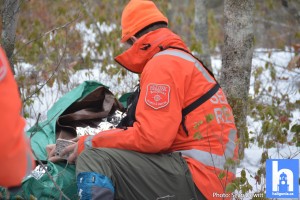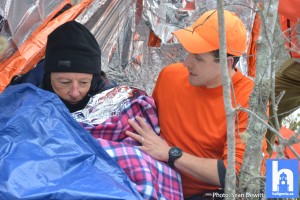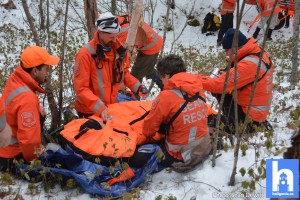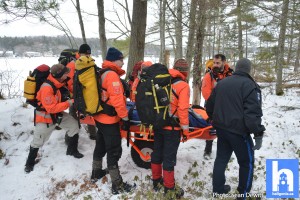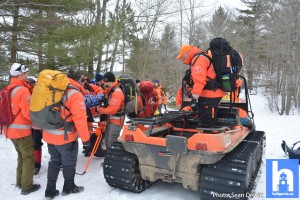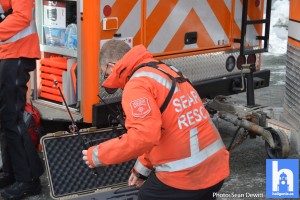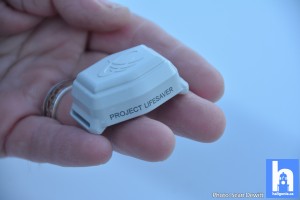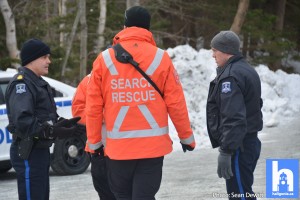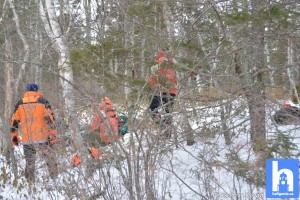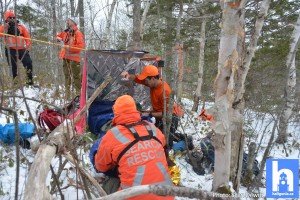Operation Lifesaver exercise in Dartmouth tests the capabilities of the Project Lifesaver team and the Remote Rescue team
**** Info via Halifax SAR
“The exercise is set to test the capabilities of the Project Lifesaver team and the Remote Rescue team. The goal of this exercise is to increase operational efficiency, enhance interoperability and provide a realistic training opportunity for members of the participating agencies.
Saturday’s rescue scenario involved technology from Project Lifesaver International.
The system was strategically designed for “at risk” individuals who are prone to the life-threatening behavior of wandering.
The primary mission of Project Lifesaver is to provide timely response to save lives and reduce potential injury for adults and children with the propensity to wander due to a cognitive condition.
The system was made available through a Federal SARNIF grant and is available to all residents in Nova Scotia.
The method relies on proven radio technology and specially trained search and rescue teams. Residents enrolled in Project Lifesaver wear a small transmitter on the wrist or ankle that emits an individualized frequency signal.
If an enrolled client goes missing, the caregiver notifies their local police agency, and a trained emergency team of responds to the wanderer’s area. The first responders will then use the client’s individualized frequency to locate the position of the individual.”
Note: It’s important to note that Halifax SAR are made of volunteers who respond to emergencies regardless of weather, time of day, or season.
.
.
.
.
.

